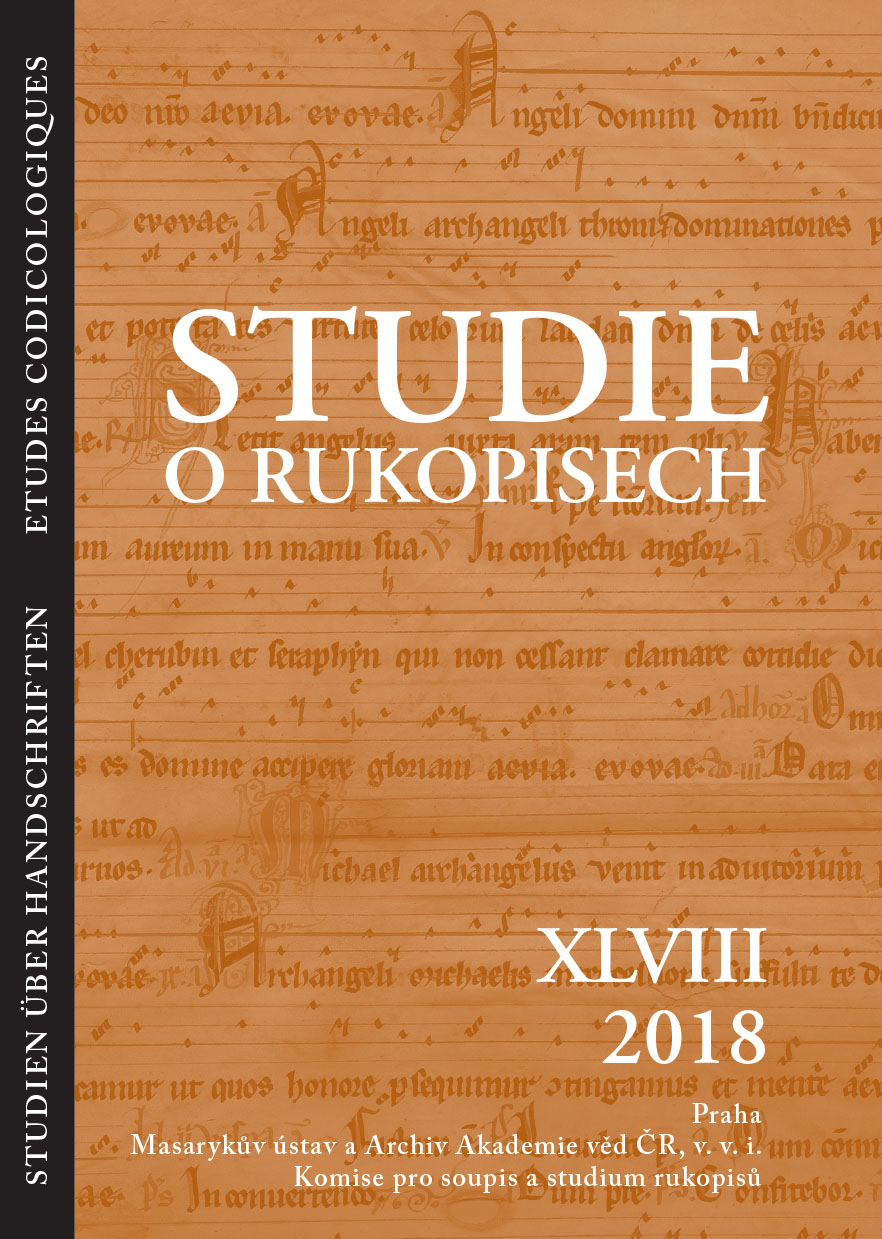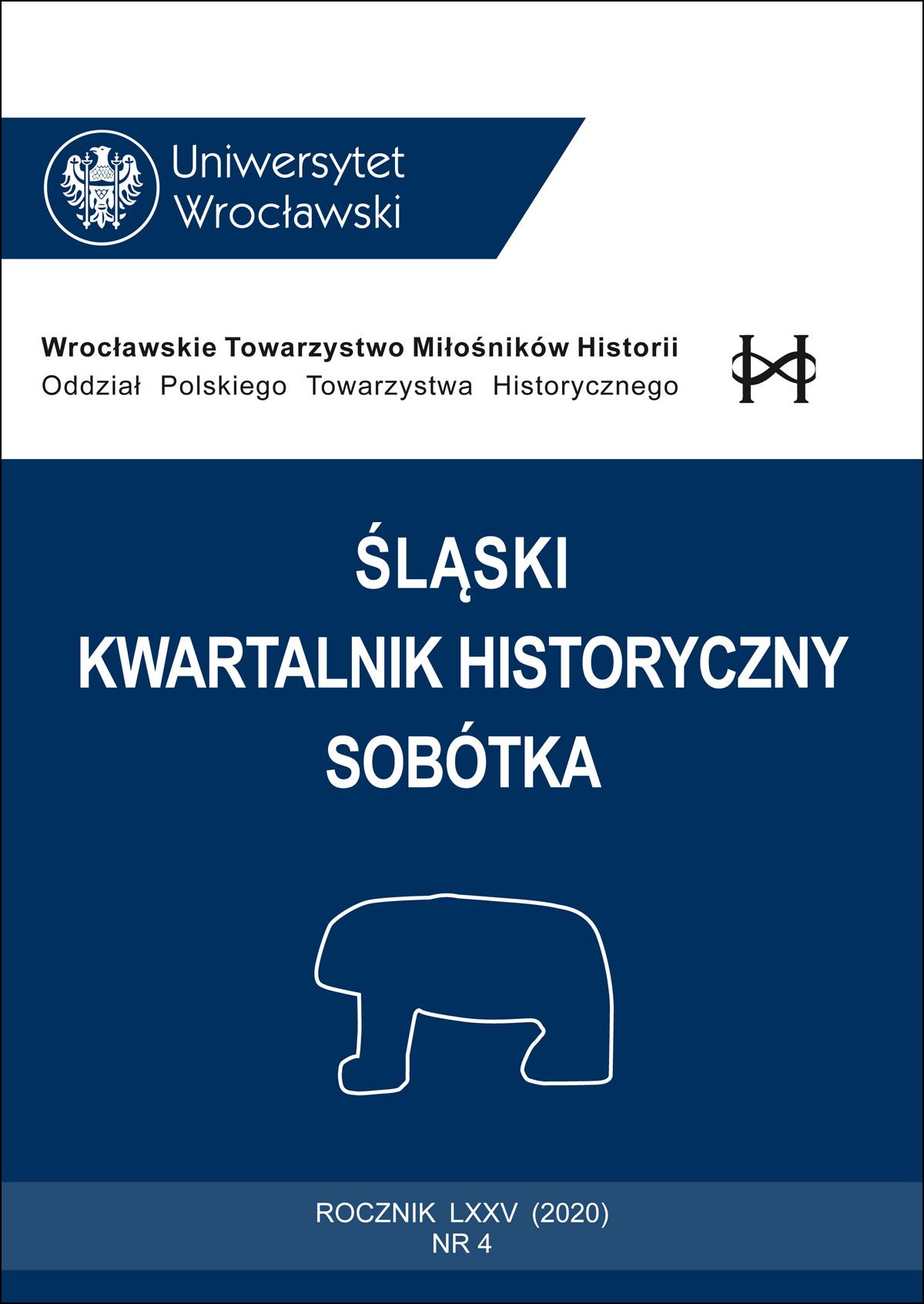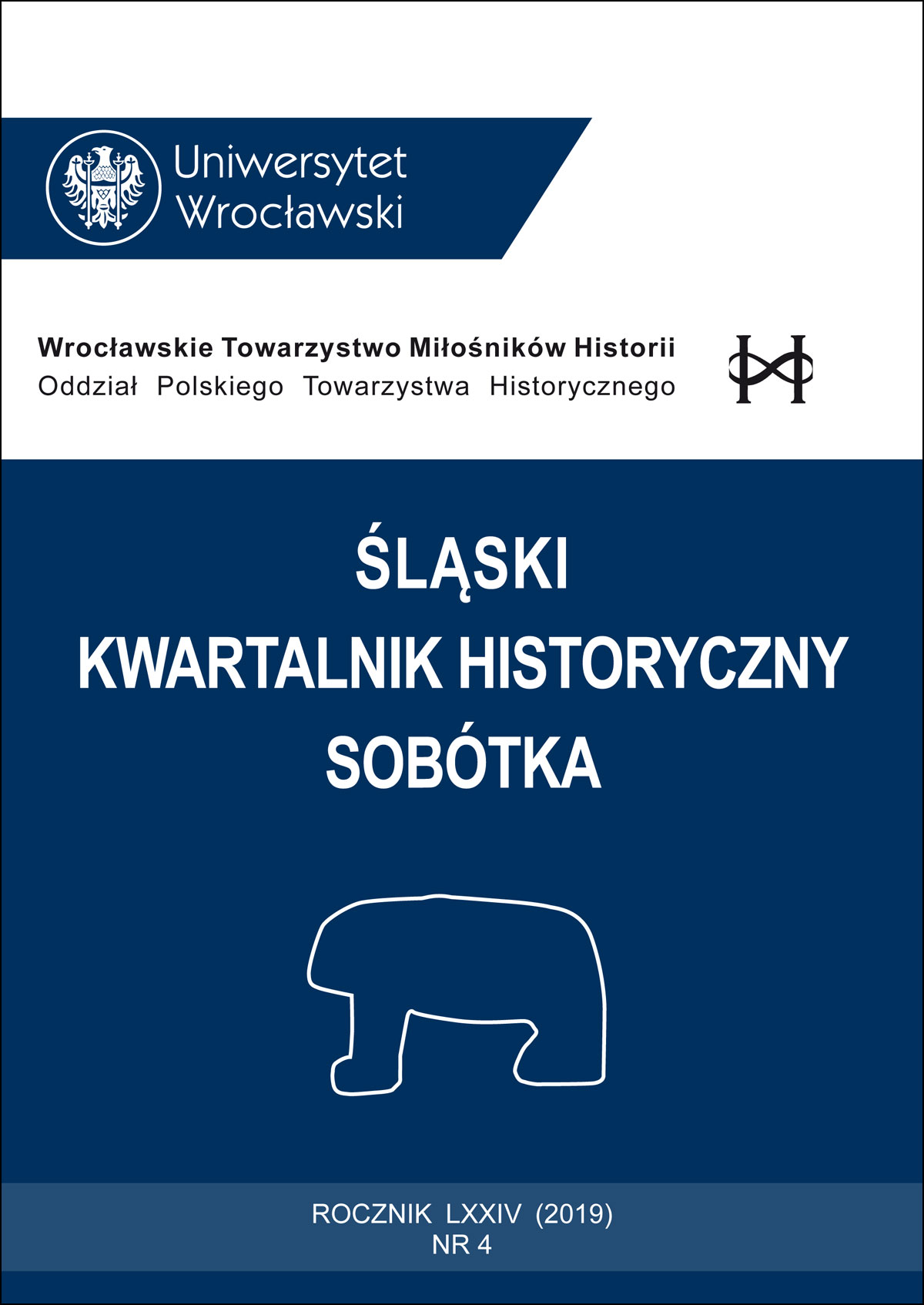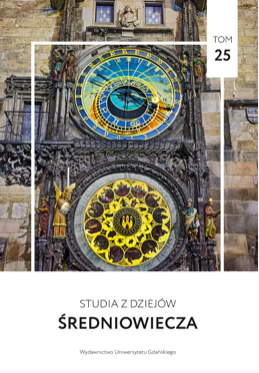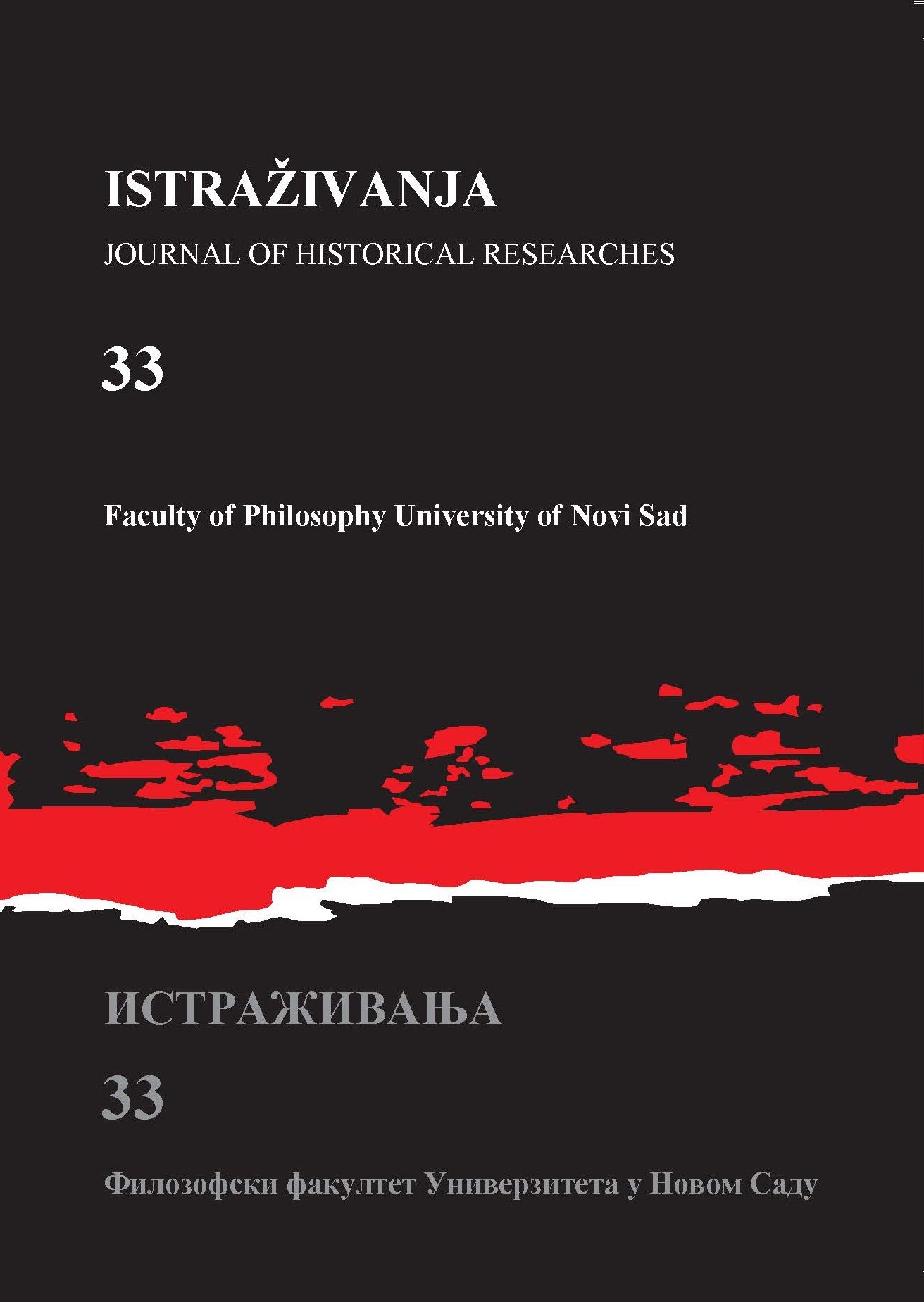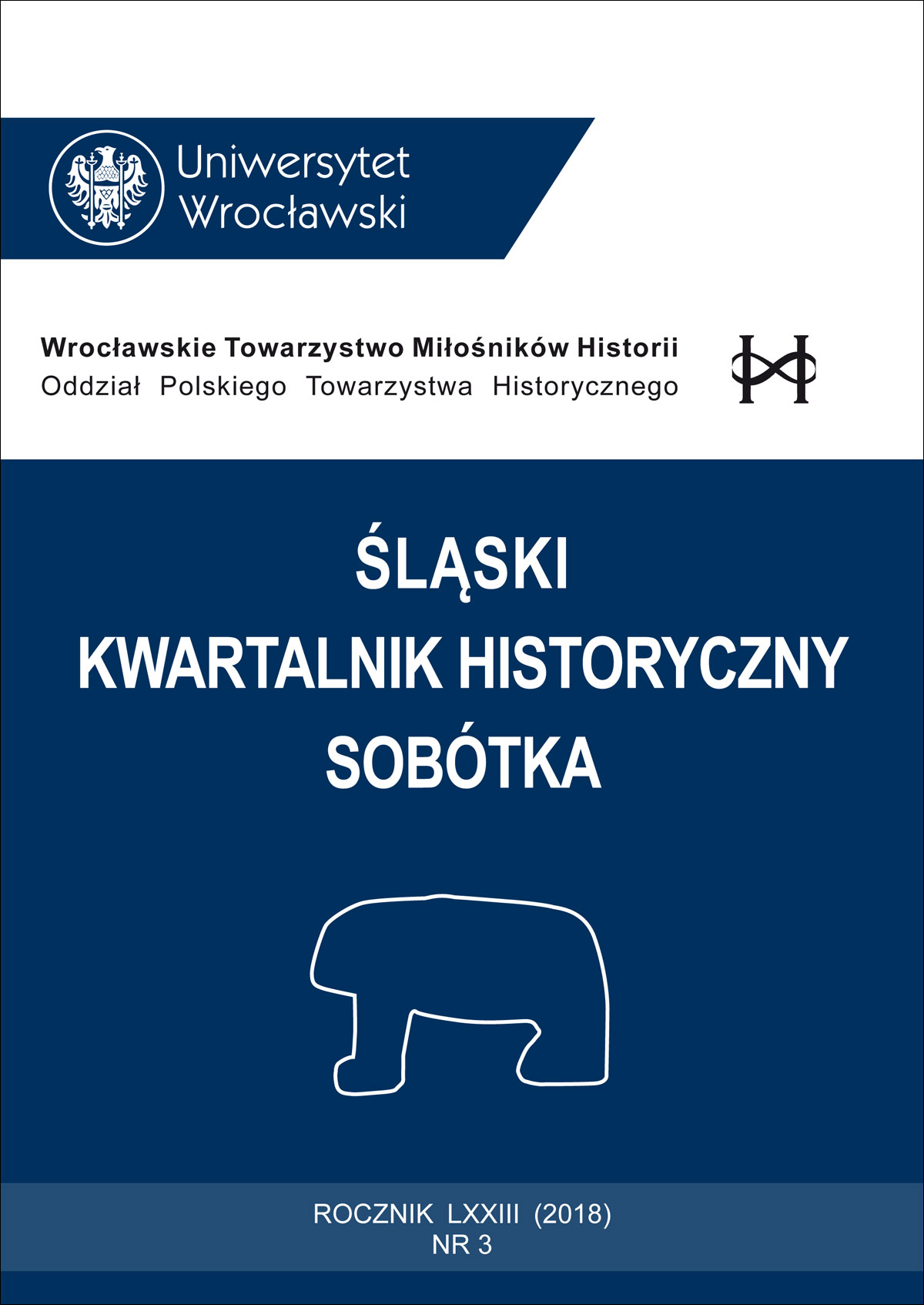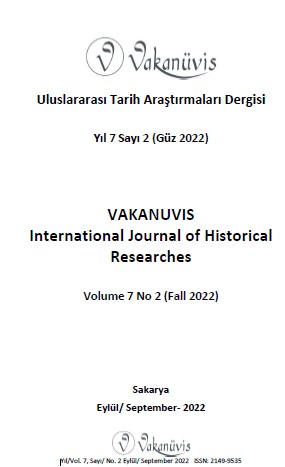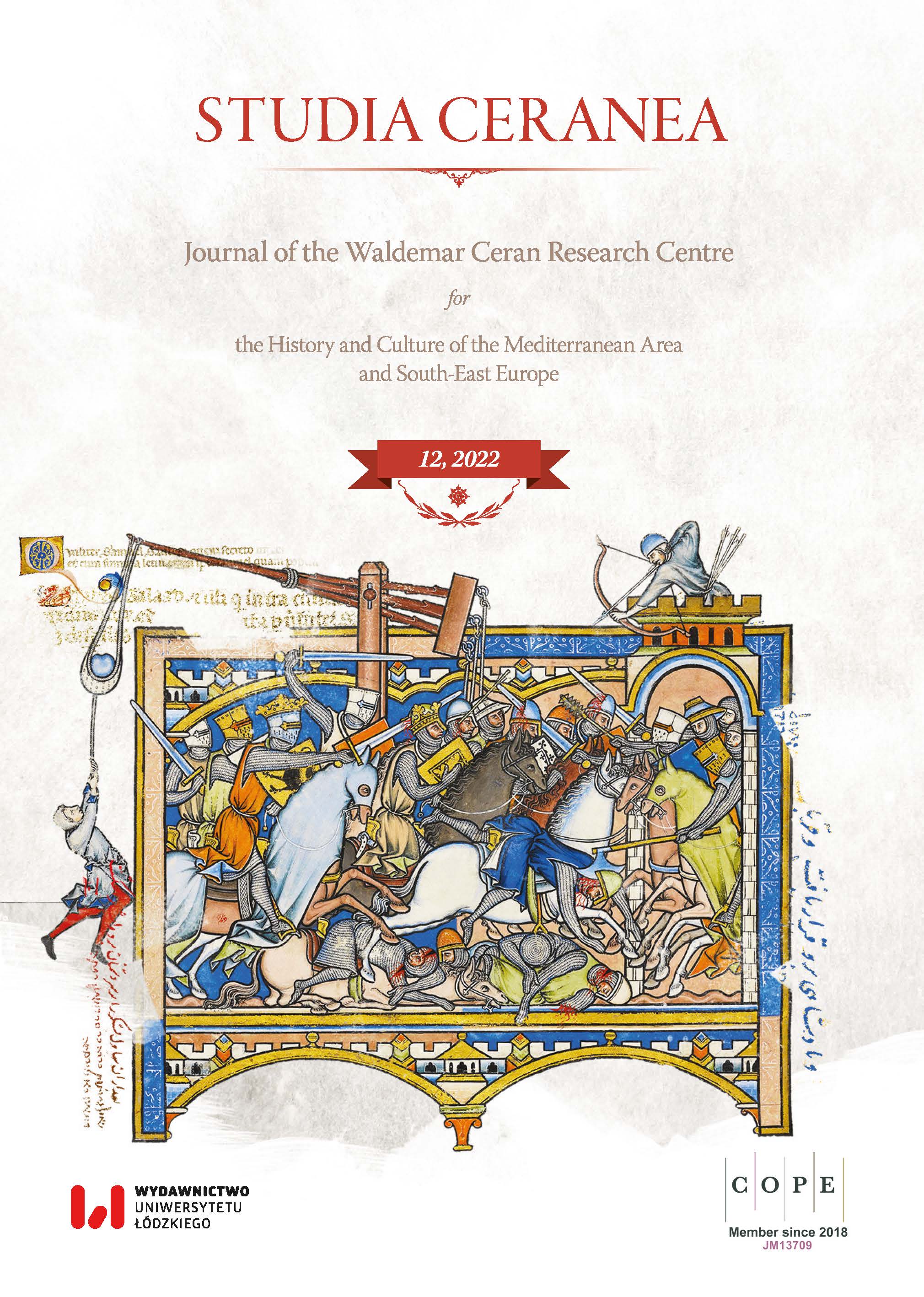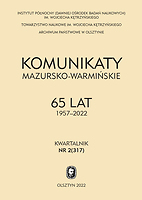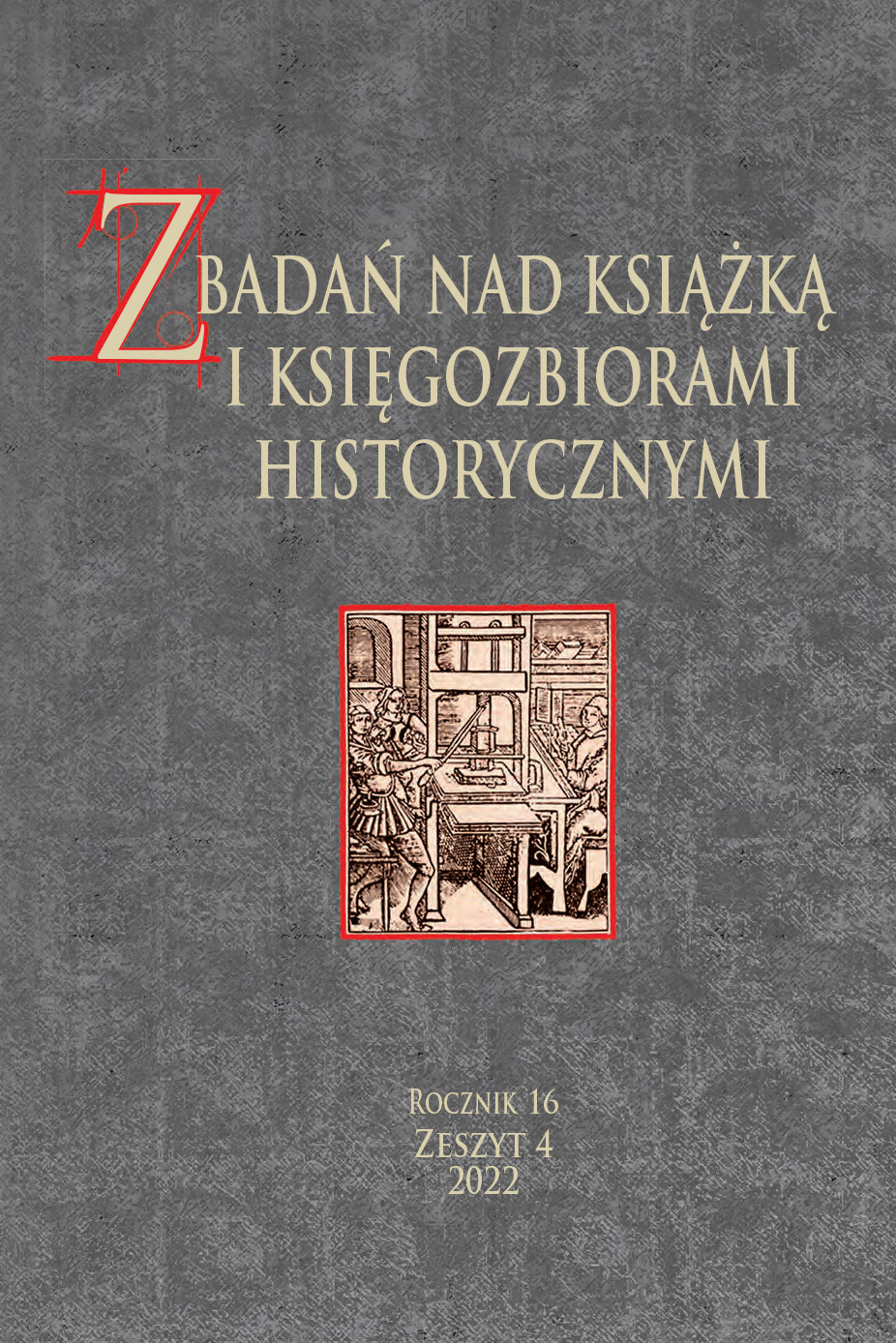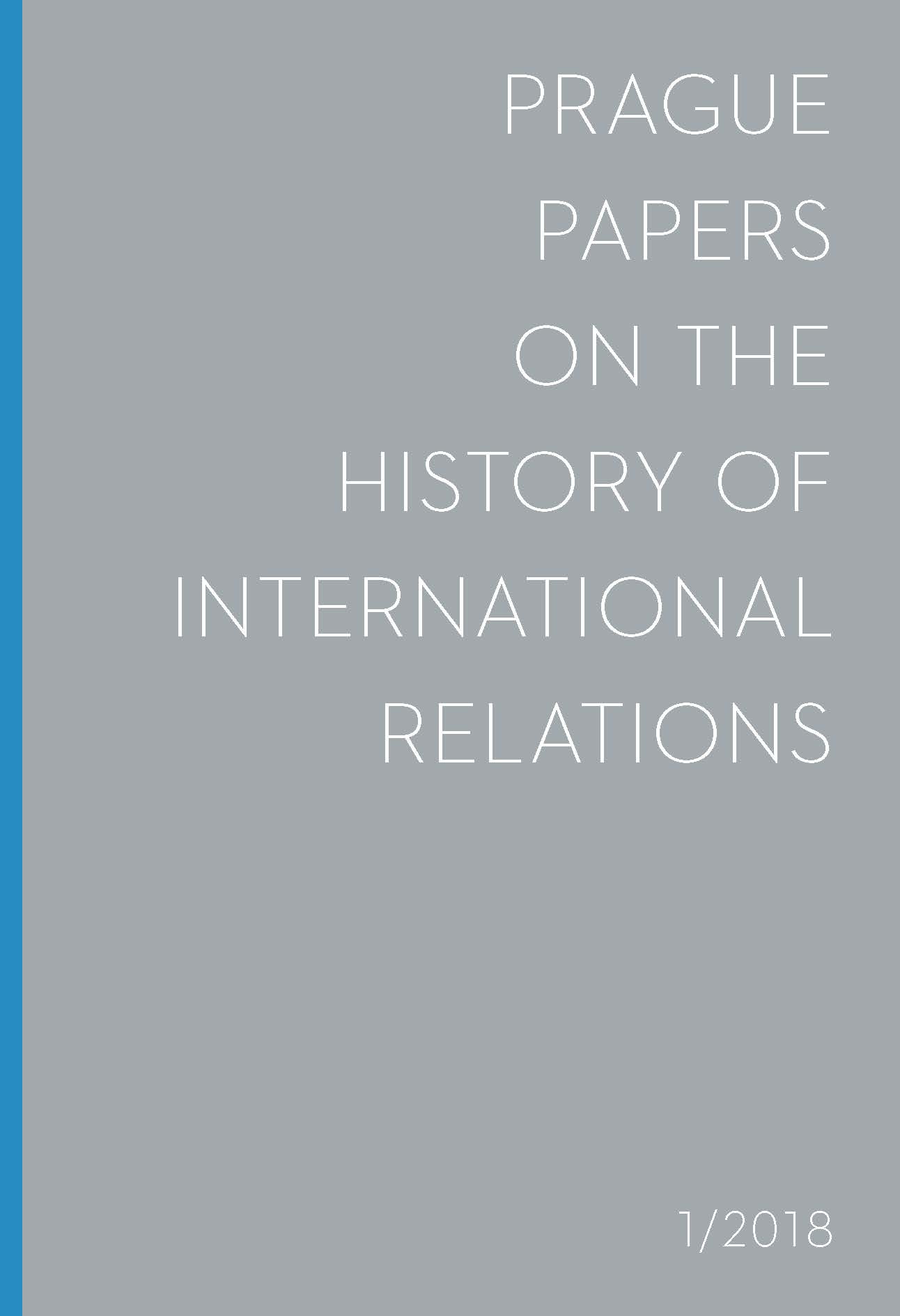
Une « résistance tchèque » à la culture courtoise? Culture chevaleresque et identité nobiliaire dans les textes tchèques du début du XIVe siècle
The Alexandreida and the Chronicle of Dalimil, written around the beginning of the fourteenth century, are the first two substantial works of secular literature written in Czech. Both reflect the political point of view of the local nobility, and both seek to trace the boundaries of this group, using a range of criteria including language, high birth, wealth, and chivalric virtues. They are, therefore, of prime importance to examine the influence of courtly culture on the Czech nobility. Despite the ubiquity of chivalry in both these texts, they have been used as arguments in favour of the theory that the Czech society resisted courtly culture for at least half a century, preferring a “prechivalric”, “precourtly” or “noncourtly” ideal. The goal of this article is, first, to suggest that the concepts used to build such a theory do not reflect current scholarship on the history of “chivalry” “and courtliness”, and secondly, to propose that neither the Alexandreida nor the Chronicle of Dalimil reveal indisputably and unambiguously a rejection of courtly culture, if the texts are read in their entirety as opposed to isolated extracts. The conclusion is that both authors use courtly culture as a tool of distinction which differentiates the local nobility from foreigners or non-nobles.
More...
